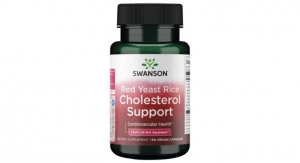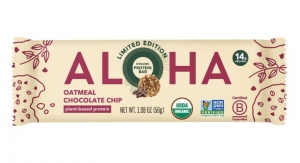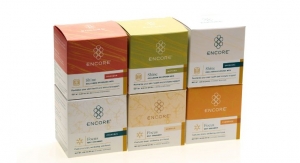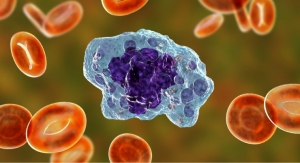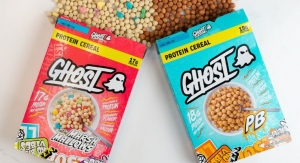Slideshows
Natural Approaches to Pet Nutrition
Consumers prioritize the health of their companion animals and look to natural ingredients for support.
By Lisa Olivo, Associate Editor 04.27.15
-

Arla Foods Ingredients to Acquire Volac’s Whey Nutrition Business
The acquisition will play a significant role in future plans for enhanced product offerings in the performance, health, and food sectors.
-

ATP Supplementation Enhances Exercise-Induced Muscle Gain: Review
A review published in Sports, which reviewed studies involving TSI’s Peak ATP, covered mechanisms of action, and evidence in human populations.
-

Three Trends for the Future of Nutrition from New Frontiers of Product Innovation
Dive into the future of personalized nutrition, the role of ethical AI in consumer trust, and the rise of upcycled ingredients.
-

dsm-firmenich to Introduce Omega-3 Ingredient for Pets
Veramaris Pets, an algal oil suitable for cat and dog foods, contains 60% EPA and DHA content.
-

New York Age-Restriction Law Takes Effect as Judge Denies CRN Request for Preliminary Injunction
Retailers must now require proof of age for purchase of weight loss and muscle building supplements.












